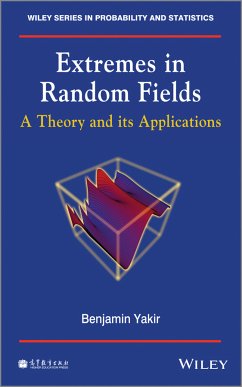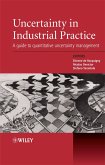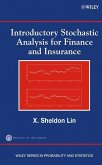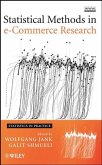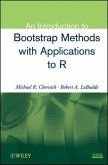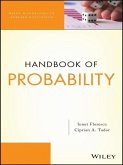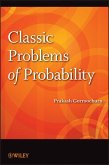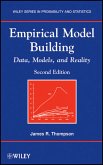Presents a useful new technique for analyzing the extreme-value behaviour of random fields Modern science typically involves the analysis of increasingly complex data. The extreme values that emerge in the statistical analysis of complex data are often of particular interest. This book focuses on the analytical approximations of the statistical significance of extreme values. Several relatively complex applications of the technique to problems that emerge in practical situations are presented. All the examples are difficult to analyze using classical methods, and as a result, the author presents a novel technique, designed to be more accessible to the user. Extreme value analysis is widely applied in areas such as operational research, bioinformatics, computer science, finance and many other disciplines. This book will be useful for scientists, engineers and advanced graduate students who need to develop their own statistical tools for the analysis of their data. Whilst this book may not provide the reader with the specific answer it will inspire them to rethink their problem in the context of random fields, apply the method, and produce a solution.
Dieser Download kann aus rechtlichen Gründen nur mit Rechnungsadresse in A, B, BG, CY, CZ, D, DK, EW, E, FIN, F, GR, HR, H, IRL, I, LT, L, LR, M, NL, PL, P, R, S, SLO, SK ausgeliefert werden.

